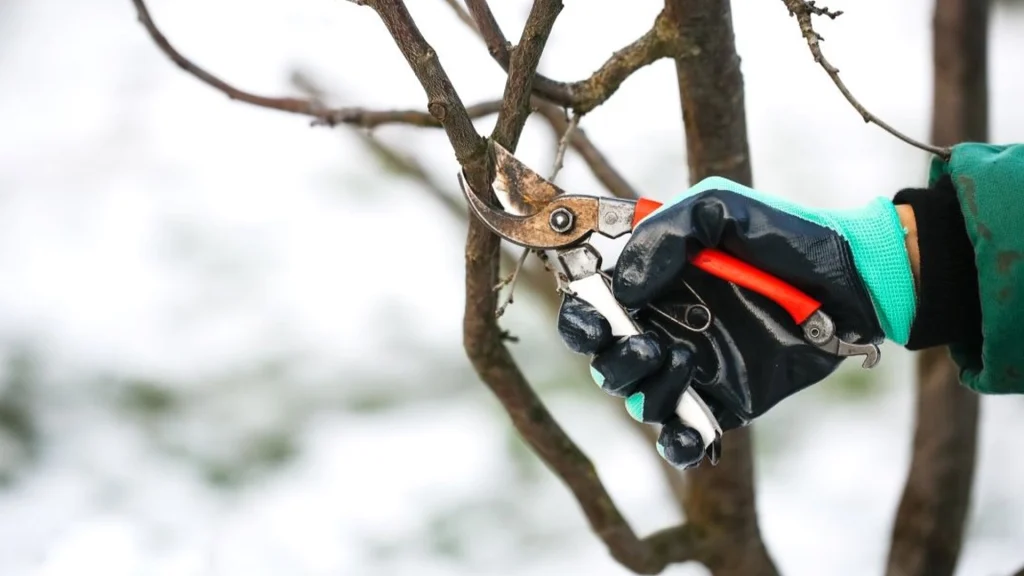Support your garden this January with these simple but essential tasks.
Others are reading now
Taking care of your garden in January doesn’t just benefit your plants; it also helps wildlife survive the harsh winter months. Birds, hedgehogs, insects, and even toads struggle to find food and shelter during this time, but a few small actions can make a big difference.
Here’s how you can support wildlife in your garden this winter, as shared by The Mirror:
1. Keep the Birds Fed
Garden birds need extra energy to make it through the winter.
-
Hang feeders filled with a mixture of nuts, seeds, and fat balls.
Also read
-
Leave wilted flower heads and berry bushes intact, as they provide natural food sources.
-
Ensure there’s fresh water available in a birdbath for drinking and bathing, even when temperatures drop below freezing.
2. Provide Shelter for Hedgehogs
Young hedgehogs born late in the season face difficulties surviving winter.
-
Create a pile of leaves or invest in a hedgehog house to offer them shelter.
-
Leave cat or dog food and fresh water to help them build up essential fat reserves.
-
Avoid disturbing sleeping hedgehogs, as waking them unnecessarily can cause them to expend precious energy.
3. Protect Insects
Insects such as ladybugs and butterflies seek shelter in dry, undisturbed areas during the winter.
-
Leave parts of your garden unkempt, with long grass and piles of leaves.
-
This provides a natural hiding spot, improving their chances of survival in the cold.
4. Think About Toads
Frozen ponds can pose risks to frogs, salamanders, and other amphibians.
-
Place a tennis ball on the surface of the pond to prevent it from freezing over completely.
-
Avoid disturbing leaves and rocks around the pond, as these areas might serve as hiding spots for toads and other amphibians.
By taking these simple steps, you’ll not only protect your garden’s wildlife but also ensure they return healthier and stronger in the spring.
Your efforts will create a thriving, balanced ecosystem right in your backyard.


